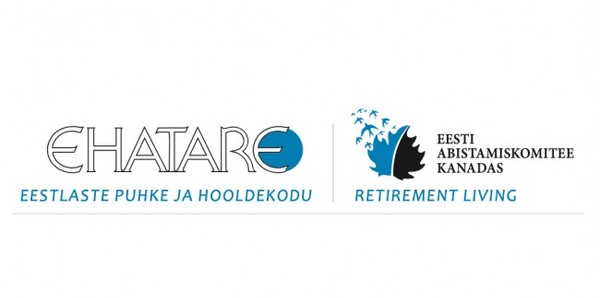The Economist’s recently released global democracy index ranks Estonia 33rd of 167 countries. Lithuania is placed at the 41st spot with Latvia being 48th.
In comparison Norway, Iceland. Denmark, Sweden and New Zealand topped the list. Russia was ranked 107th. North Korea was placed at the very bottom. Canada is 9th.
In a general sense Estonia’s placement is relatively satisfactory. But The Economist names Estonia as a “flawed deomcracy”. All countries are classified either as a full democracy, flawed democracy, hybrid regime or authoritarian regime.
The countries are measured in five categories: electoral process and pluralism, civil liberties, the functioning of government, political participation and political culture. While Estonia’s scores in four of the areas were respectable, Estonia’s political participation, including voter turnout, was rated as low.
In Estonia’s 2007 parliamentary elections voter turnout was 61.0%, a significant decrease from the 1995 high of 69.1%. (In comparison, Canada’s 2008 federal elections attracted 59.1 of eligible voters, down from a high of 79% in the 1958 elections.)
Why then is Estonia considered to be “flawed” whereas Canada is classified as a “full” democracy? Although Canada scored slightly higher in all categories, it’s political participation score was 7.50 while Estonia’s was 5.00 – a significant difference.
Canada has a well-rooted tradition of widespread citizen participation in the electoral process, from joining political parties, campaining for candidates, attending political meetings, monitoring the actual election process etc. It’s been observed that many Estonians still view with disdain or distrust the political process, speak of politicians and the legislative process with abject cynicism and dismiss the electoral process as an exercise in futility. Some say this is a legacy of the opaque and fraudulent one-party political system of the Soviet era. (It’s been noted that Estonians living abroad have a distinctly different attitude towards politics and politicians from that which seems to prevail in Estonia.)
Some have suggested that compulsory voting will rectify voter apathy. In some countries where voting is considered a duty, voting is regulated in constituions and electoral laws. Some countries even impose penalties on non-voters. Compulsory voting proponents insist that democratically elected government gain more legitimacy if voter turn out is high and that voting has an educational effect on citizens. If democracy is government by the people, then every citizen has an obligation to choose his/her representative. Currently there are some 32 countries with some form of compulsory voting and research has shown that this helps increase voting by 7-16% in national elections.
Opponents of compulsory voting says that it violates the freedoms associated with democracy. They consider voting not to be an intrinsic responsibility and a threat of penalty would infringe on the freedoms associated with democratic elections. It may detract from political education because people forced to participate may react against perceived oppression. It’s difficult to prove that governments strengthen their legitimacy with higher voter turn out. It’s been established that spoiled ballots increase in some countries with the advent of mandatory voting.
Both the pro and con arguments of compulsory voting seem reasonable. But voting and political particiption as imbued cultural imperatives are not solidly entrenched even in some centuries old democracies. Estonians, whose national sovereignty still remains as a prevailing issue, simply must see voting as the most effective form of participation in a representative democracy.

Is compulsory voting a panacea for voter apathy?
Arvamus
TRENDING
























